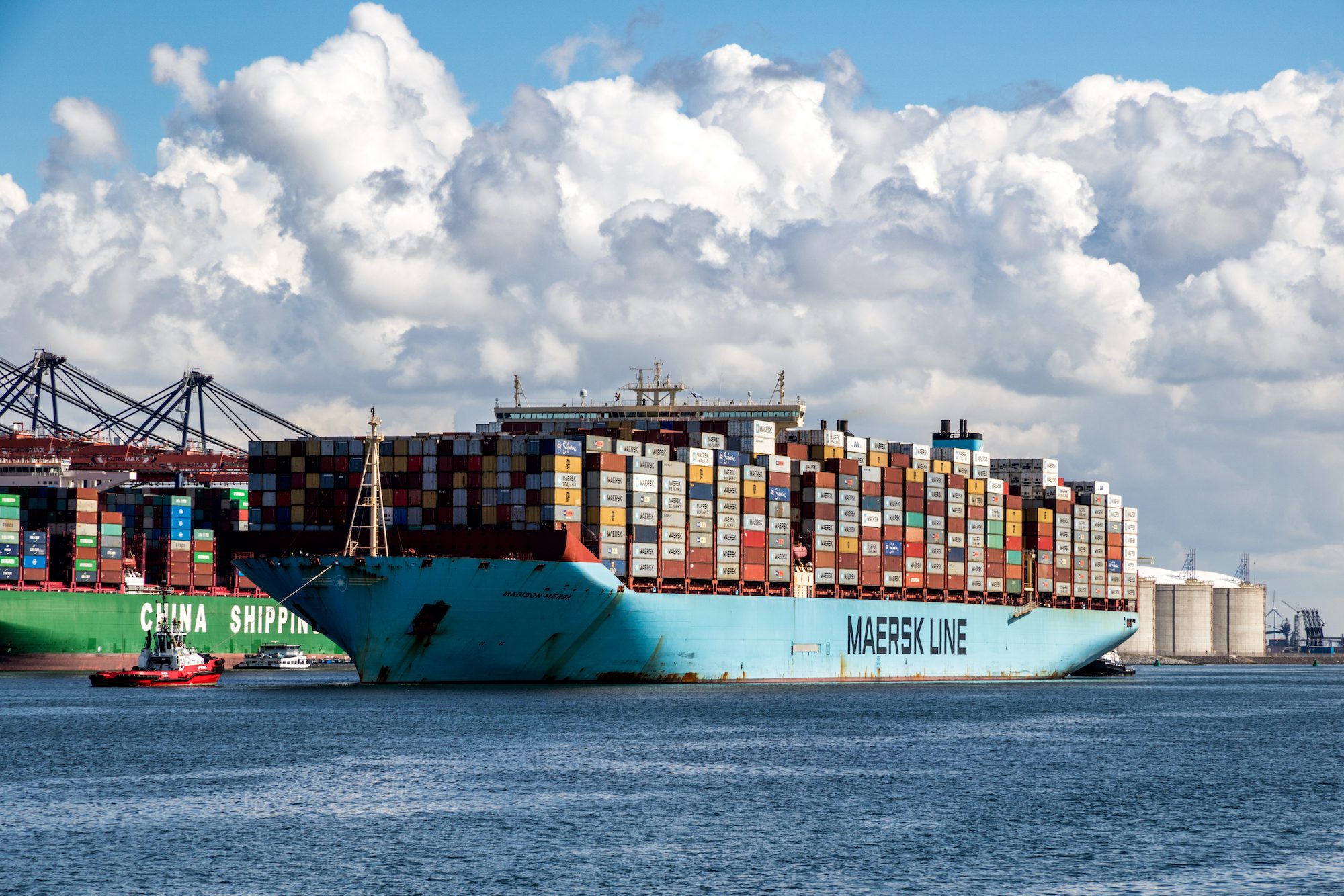In a significant move to tighten the noose on sanctions evasion, the UK’s Office of Financial Sanctions Implementation (OFSI) has issued a stark warning about the manipulation of Russian oil shipments.
The advisory highlights a growing trend where Russian oil and oil products are being disguised as non-Russian through the use of fabricated or falsified certificates of origin (CO).
“OFSI has identified instances where shipments of Russian origin oil and oil products have been manipulated to appear as non-Russian through the use of fabricated or falsified certificates of origin,” the advisory states.
The revelation underscores the sophisticated methods employed by entities attempting to circumvent the UK’s ban on maritime transportation of Russian oil and the Oil Price Cap (OPC) over its war in Ukraine.
The advisory provides a comprehensive list of red flags that industry stakeholders should be aware of. These include COs listing countries that don’t typically produce or export oil, inconsistencies in documentation, and suspicious vessel behavior. “The CO lists a country or outer port limits (OPL) of a country that does not normally produce or export oil or oil products, and/or a volume that does not correspond with previous oil production and export metrics for that country,” is one such red flag.
To combat this evasion tactic, OFSI has outlined several mitigation measures. These range from verifying the origin country’s oil production capabilities to conducting thorough due diligence on customers and counterparties. The advisory emphasizes the importance of cross-referencing information and utilizing tools like the International Chamber of Commerce’s online certificate verification system.
In a notable example, the advisory points out that in Malta, “only The Malta Chamber of Commerce, Enterprise and Industry (The Malta Chamber) is allowed to authorise COs and that private entities are not allowed to issue such COs”. This highlights the need for vigilance in verifying the authenticity of COs across different jurisdictions.
The OFSI’s advisory serves as a crucial tool for industry stakeholders to protect themselves against inadvertently supporting non-compliant transactions. It underscores the UK’s commitment to enforcing sanctions and maintaining the integrity of the global oil trade.
As the cat-and-mouse game between regulators and those seeking to evade sanctions continues, this advisory marks a significant step in closing loopholes and ensuring compliance with the UK’s Russian oil sanctions regime.

 Join The Club
Join The Club










